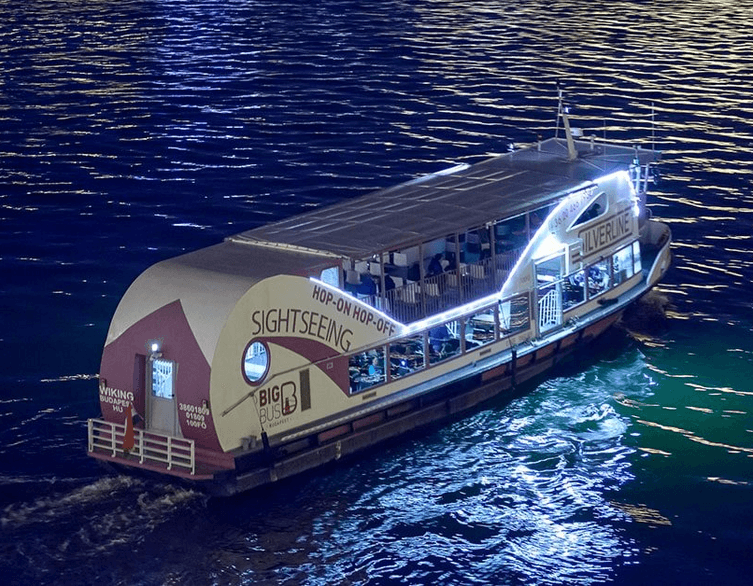Pope Francis’s Visits to Budapest

Pope Francis passed away in the Vatican on April 21, 2025, Easter Monday, at the age of 88. The head of the Catholic Church visited Budapest on two occasions, and these gestures left a deep impression on both Hungarian believers and society as a whole.
Pope Francis’s visits to Budapest went beyond the framework of religious events; they also had social, cultural, and political impact. In Hungary’s history, it is especially significant when a Catholic pontiff visits the country, as this honors not only the Catholic community but the entire society. Pope Francis’s presence acts as a bridge between different cultures, social groups, and religions around the world, and he authentically represented this role in Budapest as well.
His first visit was in 2021, and his second, a three-day apostolic journey, took place in 2023. These visits not only invigorated religious life but also strengthened the sense of community among the faithful. His presence served as inspiration, particularly for the younger generation, which is increasingly distancing itself from traditional church life. Through his meetings, speeches, and personal gestures, he conveyed messages such as peace, respect for human dignity, and standing up for the poor and marginalized—messages that resonated with both believers and non-believers.
From a political and diplomatic perspective, these visits were also significant events. The Pope met with Hungary’s top political leaders, including the President and the Prime Minister. These occasions were not mere courtesy visits; Pope Francis consistently addressed issues of coexistence, inclusion, and social justice in his messages. The papal presence strengthened Hungary’s place on the international religious and cultural map, while his personal warmth left a deep impression on those who met him.
Best deals of Budapest
2021 – Closing Mass of the International Eucharistic Congress in Budapest
Pope Francis’s first official visit to Hungary took place on September 12, 2021, when he attended the closing Mass of the 52nd International Eucharistic Congress in Budapest. This event was of outstanding significance for the Hungarian Catholic community, as the last international religious event of this scale in Hungary had been in 1938. The ceremony at Heroes’ Square became especially memorable, as tens of thousands of faithful gathered to pray with the Holy Father. The Mass was broadcast live, allowing those who could not attend in person to participate as well.
During this event, Pope Francis met with Hungary’s then-President János Áder and Prime Minister Viktor Orbán. Although the meeting was brief, it was symbolically significant, with topics such as the protection of Christian values in Europe and the importance of family being discussed. While not a political forum, the meeting was a telling gesture from the Vatican, showing the Pope’s willingness to engage in dialogue with high-level state leaders.
During the Mass, Pope Francis made a special effort to speak in Hungarian. His brief greeting and final blessing in Hungarian were met with great applause from the faithful. This gesture was symbolic, showing the Pope’s genuine interest in Hungarian culture and language, bringing him closer to the faithful. Despite the brevity of the 2021 visit, it left a deep mark on both participants and public life, serving as a precursor to his later, longer apostolic journey.
2023 – Three-Day Apostolic Visit
Pope Francis’s second visit to Budapest took place from April 28 to 30, 2023, and this time he came not just for a religious event but for a full apostolic journey. The three-day visit allowed the Pope to form a much deeper connection with Hungarian believers, various social groups, and figures in the country’s intellectual life. Every aspect of the events reflected that the Pope was not only representing his ecclesiastical office but also striving for human closeness as a pastor.
One of the key moments of the visit was a meeting with young people at the Papp László Sports Arena, where Pope Francis not only spoke in Spanish or Italian but also addressed them in Hungarian, using the phrase “He who dares, wins,” which was met with great ovation. This simple sentence reached an entire generation, offering encouragement in a challenging world.
During the visit, the Pope also met with refugees, the poor, church leaders, and fellow Jesuits—the latter being a particularly personal and intimate moment. Everywhere he went, he emphasized the importance of openness, acceptance, and hope. The highlight was the closing Mass in Kossuth Square, attended by tens of thousands of faithful. He ended his speech in Hungarian: “God, bless the Hungarian!”—a phrase that, coming from the Pope, held special significance as a spiritual message for the entire nation.
Pope Francis and the Hungarian Language
During his visits to Hungary, Pope Francis paid special attention to addressing the faithful in their native language—a gesture that meant more than mere courtesy. Speaking Hungarian, a notoriously difficult language, was not only a sign of respect but also carried deep symbolic meaning: it signaled that the Pope truly listens, wants to understand, and wishes to be close to the people.
Pope Francis often jokingly remarked, “Hungarian is only spoken in Heaven, because it is said to take an eternity to learn.” This gentle humor brought him closer to people, showing his self-irony and approachability. The sincerity and effort behind his attempts at the language—even if imperfect—had a profound impact on the faithful.
His words in Hungarian became famous and, over time, have become cherished memories. These linguistic gestures were not just words, but acts of bridge-building that created community—something the Hungarian people received with grateful hearts.
Pope Francis’s Legacy and Memory in Hungary
Pope Francis’s death on Easter Monday in April 2025 deeply affected Catholic communities worldwide, including Hungary. Hungarian believers, as well as political and church leaders, expressed their condolences, and the country declared a national day of mourning on the day of his funeral. This was not only a sign of respect and gratitude but also an acknowledgment of the legacy Pope Francis left through his visits to Budapest.
His memory is preserved not only in his public speeches and ceremonies but also in the simple human gestures he made throughout the country. His meetings with refugees, the poor, and young people were tangible messages that needed no translation. These experiences have, for many, reinforced a long-term commitment to humanity, acceptance, and faith.
Pope Francis’s teachings on peace, solidarity, and hope resonated deeply in a country where these values are especially important for historical reasons. For the faithful, he was not just the leader of the Catholic Church, but a leader who truly set an example of humility, openness, and courage.
The locations of his visits—such as Heroes’ Square, Kossuth Square, or the Papp László Sports Arena—can be seen as pilgrimage sites for future generations. Thus, Pope Francis’s legacy is not only spiritual, but also communal and historical: a sign of an era when one of the world’s most significant spiritual leaders directly addressed the Hungarian people. Many keep his memory in their hearts, ensuring that his teachings live on.











